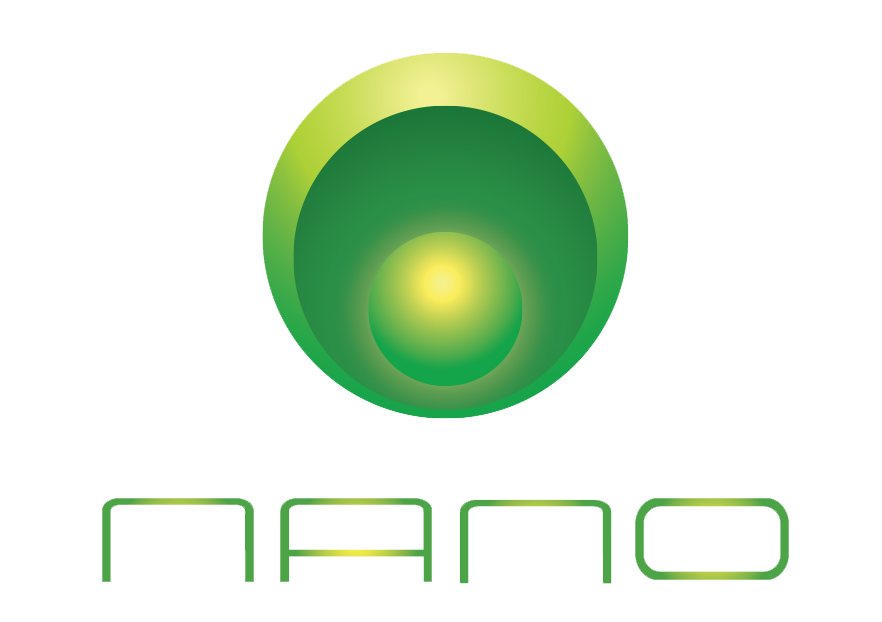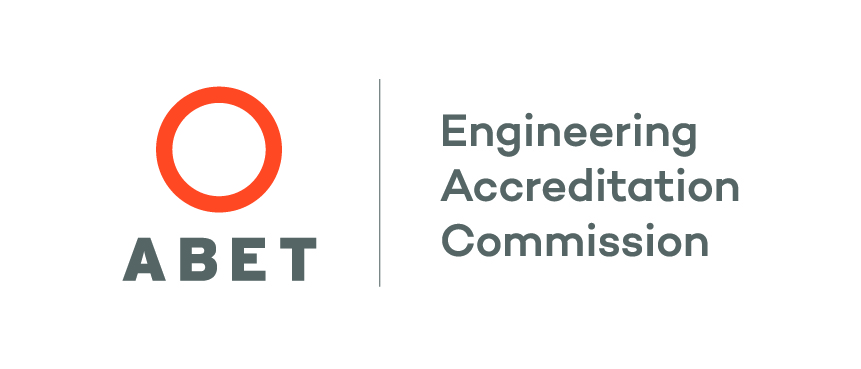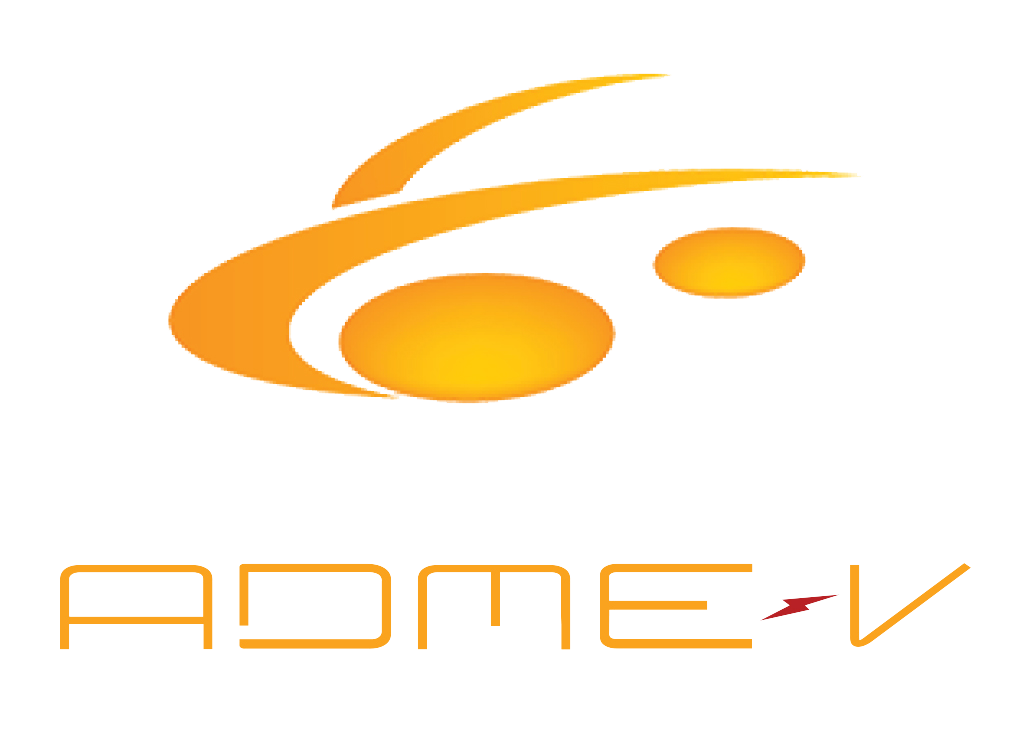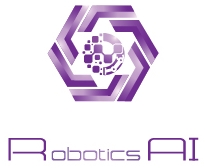


Nano-Engineering program is accredited by the Engineering Accreditation Commission of ABET, under the commission’s General Criteria with no applicable program criteria to September 30, 2031
For further information, please visit NANO Website (https://nano.ise.eng.chula.ac.th/)
Globalization implies competition in the international arena in all aspects of business. Manufacturing and service industries are particularly affected by the drive to find the cheapest suppliers and most knowledgeable workers. Only companies or nations that take full advantage of advanced technology are well equipped to answer the needs of 21st-century consumers. Nanotechnology is one of such advances that can, and will, impact all manufacturing sectors: from heavy industries to small, from automobile and petrochemical to textile and clothing. Those in the service industries thus need to keep pace with advances in nanotechnology if they are to provide customers with the most cutting edge and efficient solutions, such as nanochip solutions to biomedical or telecommunications service providers.
Nanotechnology can be applied in almost all industries and can increase a country's competitiveness. In some industries, nanotechnology is a means for survival. Despite the eminent threat of being left behind, many firms or nations cannot harvest the full potential of nanotechnology due to its multidisciplinary nature and the heavy investment involved in research and development. Our Nano-Engineering program is such an investment and is truly multidisciplinary in that it ingrains in students the basics (physics, chemistry and biology) and the applied (electrical, optical, biomedical and materials engineering). Most of the current science and engineering degrees are highly fragmented, with little collaboration among departments, resulting in scientists who are too theoretical-minded or engineers who are weak in the sciences. The increased knowledge base and skills required to compete mean that the engineers have to have stronger fundamentals in the sciences and the scientists have to have more hands-on experience. The Nano-Engineering program is thus formulated to bridge the capability gap of the two.
The Nano-Engineering program aims to produce undergraduates who are knowledgeable in the fundamental building blocks of nanotechnology through different focus areas.The Nano-Engineering program will provide a strong background in chemical, electrical, optical, biomedical, and material areas in which developments on the nanoscale are becoming a major force for technological improvement. Upon graduation, students will be a unique and important contributor to the human resource pool. They will be capable of developing many manufacturing and service industries and taking them to the next level. The students will possess problem-solving and analytical skills typical of engineers and at the same time have a deep understanding of sciences and materials, especially ones with size scale in the nano-meter range. These will be necessary for providing industries with solutions that are novel and better than existing ones.
The Nano-Engineering program aims to meet the industries' needs for engineers that are conversant in the various aspects of nanotechnology. Those who graduate from the program can be counted on by virtually all those that are involved in high value-added manufacturing and by most service providers in hi-tech industries to help them gain a sustainable competitive advantage. The graduates from this program can be relied upon for their strong scientific knowledge, practical engineering skills and effective management skills required to lead organizations into the ever increasing competitive world.
 AUTOMOTIVE DESIGN AND
AUTOMOTIVE DESIGN AND
MANUFACTURING ENGINEERING AEROSPACE ENGINEERING
AEROSPACE ENGINEERING INFORMATION
INFORMATION
AND
COMMUNICATION ENGINEERING ROBOTICS AND ARTIFICIAL
ROBOTICS AND ARTIFICIAL
INTELLIGENCE ENGINEERING SEMICONDUCTOR ENGINEERING
SEMICONDUCTOR ENGINEERING











